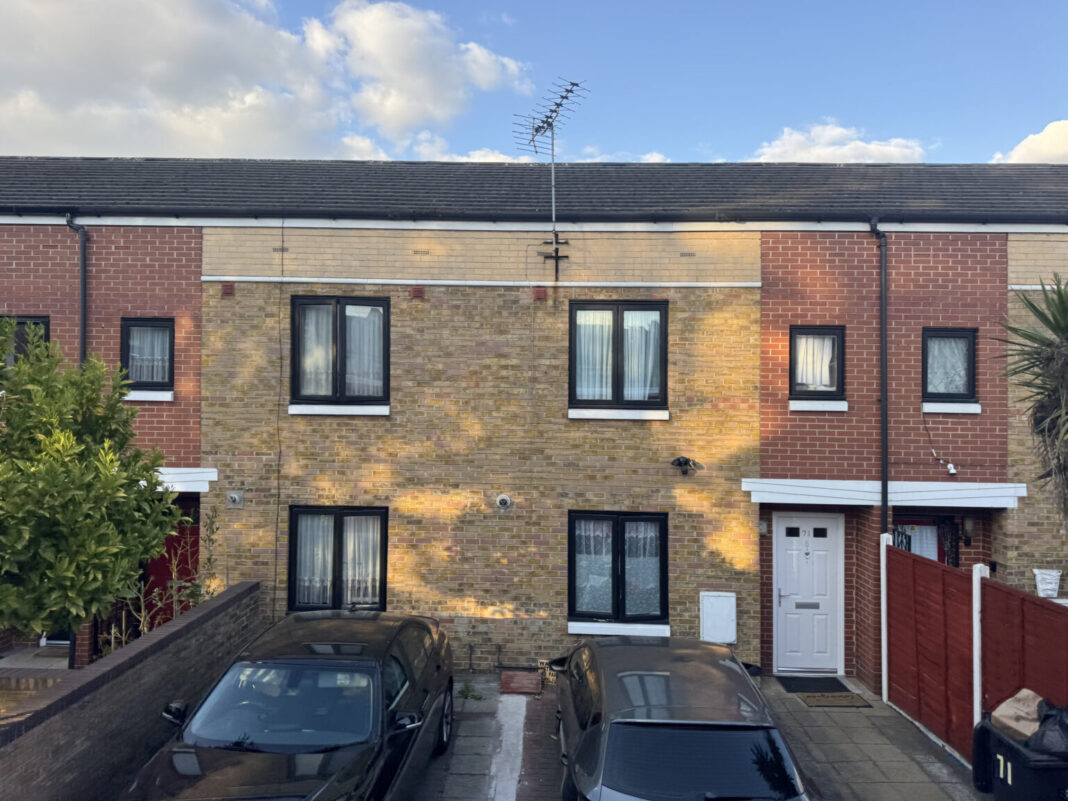Houses in multiple occupation (HMOs) are selling for as much as 50% more than the average home in parts of England as their appeal grows to property investors.
According to data from boutique investment and debt advisory firm Excellion Capital, the average licensed HMO in England now sells for £334,260 – 13.1% higher than the national average house price of £295,654.
The firm’s findings follow earlier research which showed that HMOs can deliver gross rental yields of up to 12.5%, far surpassing those achieved in traditional buy-to-let properties.
The price premium is even more pronounced in regional cities where demand for affordable rental accommodation is high.
REGIONAL HOTSPOTS
In Newcastle, the average licensed HMO sells for £315,890 – a 49.6% uplift on the local average house price of £211,160. Other hotspots include Nottingham (45.5% premium), Liverpool (39.9%), Birmingham (36.4%) and Bristol (30%).

Robert Sadler, Vice President of Real Estate at Excellion Capital, says: “These figures highlight the dual advantage for HMO investors: not only can they generate strong rental income, but they can also realise significant capital gains on exit.
“In some cases, we’ve seen investors increase the value of a property by a third simply by converting it into an HMO. When paired with sensible debt financing, this strategy creates powerful positive leverage and strong returns on equity.”
HMO PREMIUM
The ability of HMOs to command such premiums stems from their licensing status. In England and Wales, landlords must obtain a specific HMO licence to legally rent to multiple tenants. A property sold with a valid HMO licence in place is therefore seen as a ‘turnkey’ investment – ready to generate income from day one.
Even if a licence has expired, its historical presence can streamline the renewal process, increasing the property’s appeal and potential market value.
The findings come at a time when housing supply constraints and rising living costs are pushing more renters into shared accommodation, particularly in urban centres. Investors are increasingly turning to HMOs as a way to meet this demand as well as acting as a buffer against fluctuating property prices and mortgage costs.
Sadler adds: “HMO conversions are no longer just a niche strategy. They represent a scalable opportunity for investors looking to balance income, capital growth and market resilience.”









